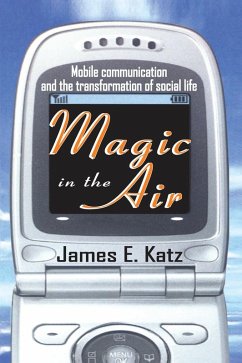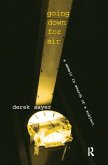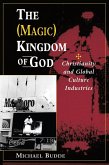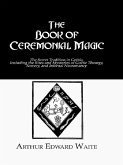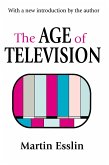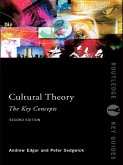Magic in the Air is the most wide-ranging analysis of mobile communication to date. Katz investigates the spectrum of social aspects of the cell phone's impact on society and the way social forces affect the use, display, and re-configuration of the cell phone. Surveying the mobile phone's current and emerging role in daily life, Katz finds that it provides many benefits for the user, and that some of these benefits are subtle and even counter-intuitive. He also identifies ways the mobile phone has not been entirely positive. After reviewing these he outlines some steps to ameliorate the mobile phone's negative effects. Katz also discusses use and abuse of mobile phones in educational settings, where he finds that their use is eroding students' participation in class even as it is helping them to cheat on exams and cut class. Parents no longer object to their children having mobile phones in class in a post-Columbine and 9/11 era; instead they are pressing schools to change their rules to allow students to have their phones available during class. And mobile phone misbehavior is by no means limited to students: Katz finds that teachers are increasingly taking calls in the middle of class, even interrupting their own lectures to answer what they claim are important calls.
In keeping with the book's title, Katz explores the often overlooked psychic and religious uses of the mobile phone, an area that has only recently begun to command scholarly interest. Magic in the Air will be essential reading for communications specialists, sociologists, and social psychologists.
Dieser Download kann aus rechtlichen Gründen nur mit Rechnungsadresse in A, B, BG, CY, CZ, D, DK, EW, E, FIN, F, GR, HR, H, IRL, I, LT, L, LR, M, NL, PL, P, R, S, SLO, SK ausgeliefert werden.

